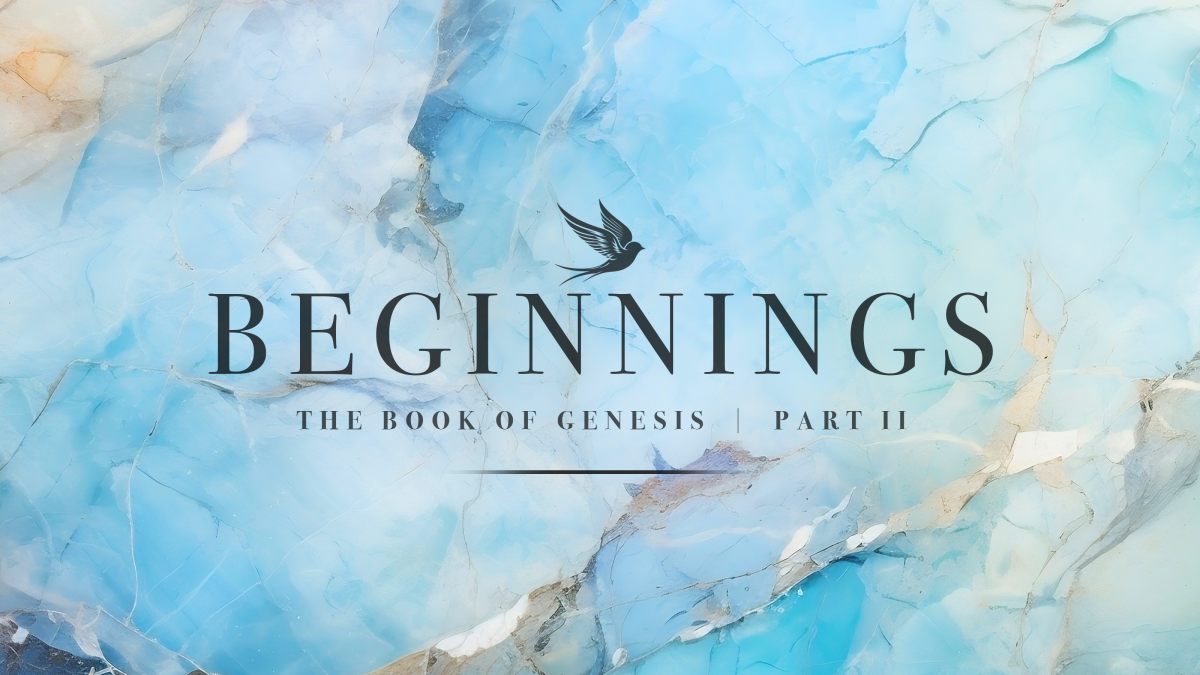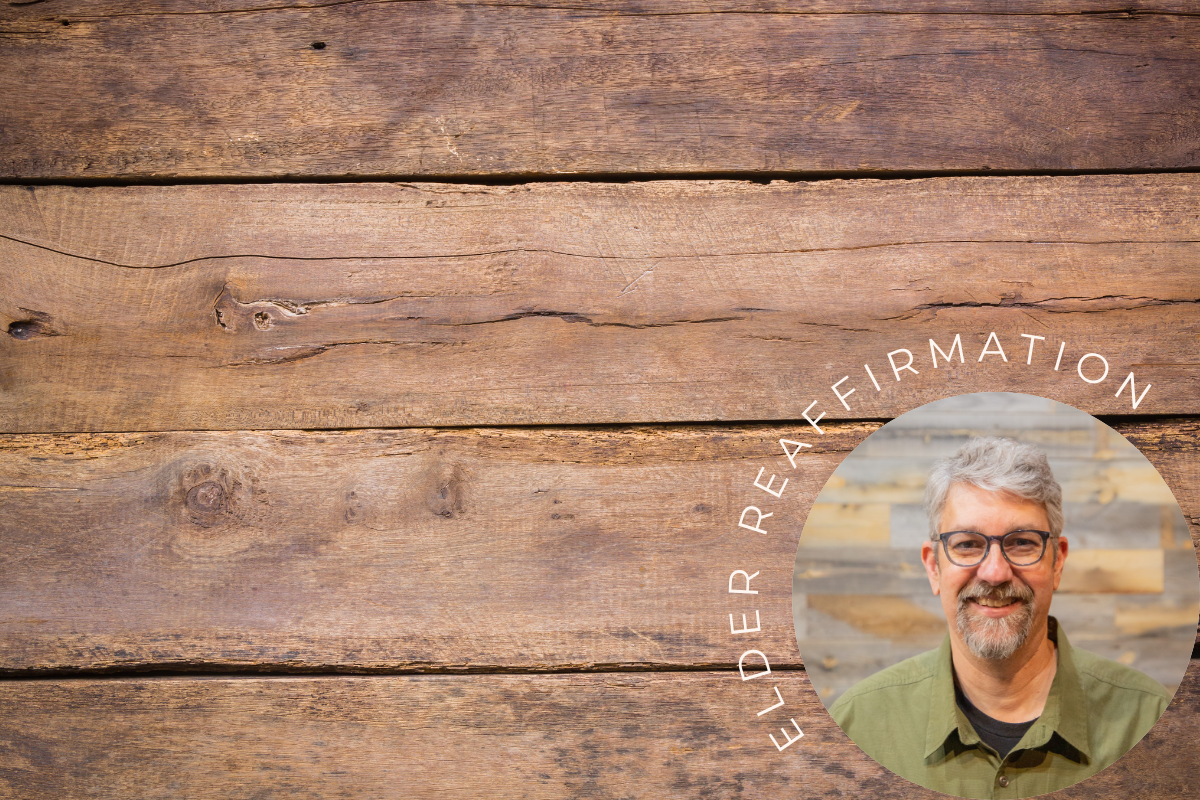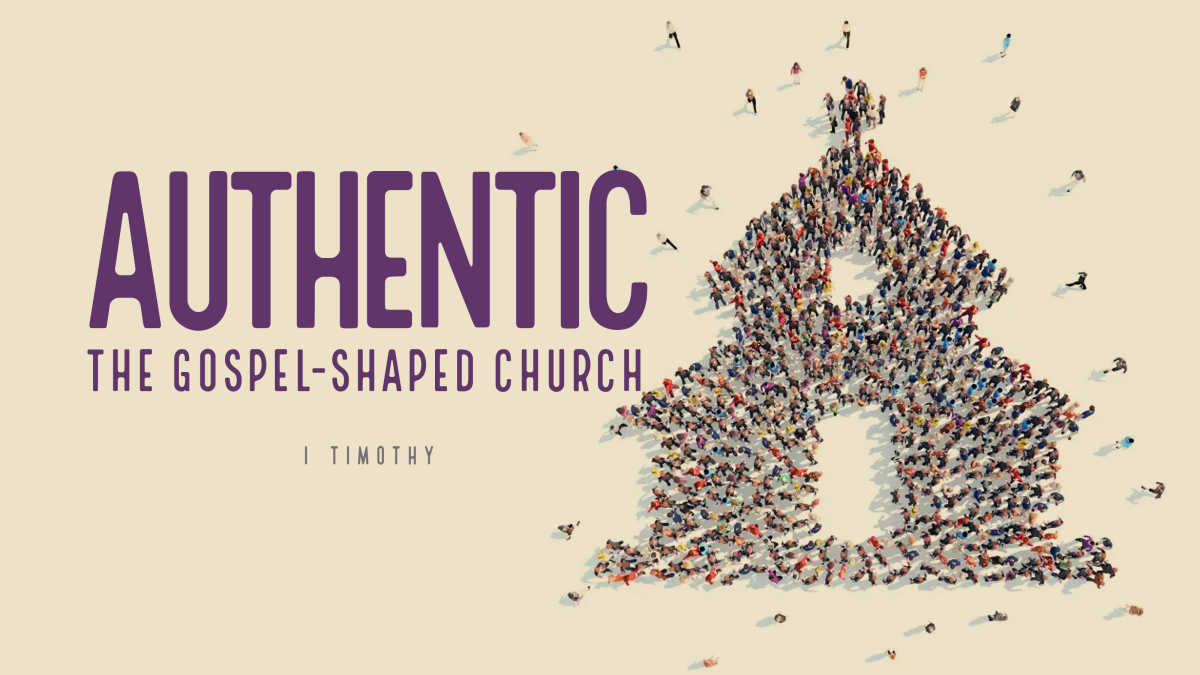Todd Diehl, one of our pastors at Church on Mill, expounds upon unity in this article written for Jesus is Better.
Regardless of whether or not you’ve been reading the news of late, I’m sure we are all aware that we live in divisive times. To be fair, this isn’t really news, for brother has been pitted against brother since the days of Cain and Abel (Genesis 4). Division, discord, and strife have been part of the very fabric of this fallen world for thousands of years. Whether the issue of today is social justice, politics, economics, or how we ought to respond to a global pandemic – you don’t have to look very far to see how society is pulled in opposite directions. There doesn’t seem to be a lot of charity towards one another, nor any deference given to those with differing viewpoints.
How then should we as members of Church on Mill, brothers and sisters in Christ, respond to the divisiveness that permeates contemporary life? Does our response matter, and if so, why? Let’s consider for a moment the importance of unity within the church.
Unity isn’t the same thing as uniformity
First, we shouldn’t confuse unity with uniformity; they are not the same thing. Though we share a common confession that underpins our unity, unity doesn’t mean sameness. We are each fearfully and wonderfully made in the image of God (Psalm 139:14), yet we hail from different parts of the country and even the world, we are Republicans and Democrats, we are young and old, the list goes on and on. Each of our stories is unique, yet we all participate in God’s grand story. Our unity is far richer than uniformity because of the very thing that binds us together, Christ our King. Perhaps unsurprisingly, unity can also be much harder to maintain than mere uniformity.
Preserving unity is our responsibility
And yet as Christians, we are called to do just that, to preserve unity within the body of Christ. Paul writes in Ephesians 4:3 that we are to be “eager to maintain the unity of the Spirit in the bond of peace.” Preserving unity is not something that is optional, it’s something that we should be zealous to maintain. We don’t do this alone, and it isn’t the job of a few; rather, this is something we do in community – we maintain our unity together. Elsewhere, Paul exhorts us to “aim for harmony in the church and try to build each other up,” (Romans 14:19 NLT). Here we see that maintaining unity also serves to build up and edify the church.
How do we do this? First, we must remember what forms the basis of our unity. Then we will consider some of the benefits of pursuing this unity that is already ours.
Christ is the basis for our unity
When we examine the basis for our unity, it begins and ends with Christ our Savior. Through his death and resurrection, Christ the Holy One has brought shalom (peace) between God and his chosen people (Ephesians 2:14). Moreover, Christ is also the foundation for the peace that is established within his body, the church. In Christ, we are reconciled both to God and to one another (Ephesians 2:19). Perhaps one of the most famous passages on unity within the church is found in Ephesians 4. In verse 4 Paul gives us what resembles a creed or confession as the basis for our spiritual unity – “There is one body and one Spirit … one Lord, one faith, one baptism, one God and Father of all, who is over all and through all and in all.” What we believe about God and his redemptive plan for creation forms the bedrock of our unity, and at the crux of our belief is Jesus. A shared confession is not merely convenient, it is essential to our unity.
Christ is the basis for our diversity
Remember though, unity and uniformity are not the same thing. While being united in Christ, we are not all the same, and so it is within the church. The body of Christ is not solely a head nor a hand, rather, it is comprised of numerous parts that must work together in unity to accomplish God’s purposes through the power of the Spirit. Ephesians 4:7contains what might be to some of us an astonishing “but” … after expounding upon the unity of the one body of Christ, Paul writes “but grace was given to each one of us according to the measure of Christ’s gift.” God in his sovereign mercy has gifted each of his adopted sons and daughters in different ways (see also 1 Corinthians 12). And isn’t it in our nature to envy the gifts of another, or consider our gifts as more important than others? Yet our gifts are not about ourselves, they are about the good gift giver. They are neither earned nor deserved. We are called to steward the gifts we’ve been given, and to use them in service to one another (1 Peter 4:10). Each part of the body is indispensable in its diversity, and uniquely gifted by Christ.
Pursuing unity conforms us to Christ
The pursuit of unity is not always easy, and doing so requires the development of character that nurtures unity. We need look no further than Christ who modeled such character for us. In Philippians 2:1-11 we see character traits that nurture unity within the body – humility, gentleness, patience, empathy, and love. Pursuing unity requires that we put to death those character traits that threaten to hurt and harm our brothers and sisters in Christ. We must cultivate humility and deny self-centeredness. We must renounce harshness and judgmental attitudes in order to foster gentleness. With patience we reject the tyranny of our own agendas. We look to the example of Christ, who being fully God did not consider equality with God as something to cling to. And just as he emptied himself to take on the form of man, we demonstrate our love for others by laying aside our own rights and desires. As we do these things, we “grow up in every way into him who is the head, into Christ,” (Ephesians 4:15). Pursuing unity conforms us to the image of Christ.
Our unity commends the gospel
Jesus, in his high priestly prayer in John 17, prays the following (from the NLT):
21 I pray that they will all be one, just as you and I are one—as you are in me, Father, and I am in you. And may they be in us so that the world will believe you sent me. 22 “I have given them the glory you gave me, so they may be one as we are one. 23 I am in them and you are in me. May they experience such perfect unity that the world will know that you sent me and that you love them as much as you love me.
Jesus prays that the church would be unified in a way that mirrors the unity within the triune God. And mysteriously and gloriously, this unity then commends the gospel to a watching world, so that the world might know and believe that Jesus is the Christ.
The blessings of unity
Finally, Psalm 133 contains a beautiful picture of the sweetness of unity.
A Song of Ascents. Of David.
1 Behold, how good and pleasant it is
when brothers dwell in unity!
2 It is like the precious oil on the head,
running down on the beard,
on the beard of Aaron,
running down on the collar of his robes!
3 It is like the dew of Hermon,
which falls on the mountains of Zion!
For there the Lord has commanded the blessing,
life forevermore.
Unity is good and pleasant! Certainly, we ought to savor and enjoy the unity that is ours today. This Psalm should also serve as an encouragement to diligently pursue the hard and on-going work of preserving unity within the body of Christ.
This picture also provides a wonderful foretaste of what is to come for the church. Through Christ Jesus, the holy and righteous anointed one, we are a chosen people and a royal priesthood. Just as the mountains Hermon in Israel and Zion in Judah are seen to work symbiotically together to provide dew in the desert, there will come a day when all divisions will once and for all time be eradicated. We will taste and see that the Lord God is indeed good. On that day we will once again dwell with God our creator, and we will enjoy fully the favors of his rich blessings. On that day that will stretch into eternity, we will with one voice praise and honor the Lord of Lords and King of Kings.
Brothers and sisters, as we look forward to and long for that coming day, let us labor alongside one another with humility and love. Let us consider one another more important than ourselves. May we continue to maintain and sustain the confession of our faith which unites us. And may we proclaim the excellencies of Jesus Christ who has called us out of darkness and into his marvelous light!
Todd Diehl






